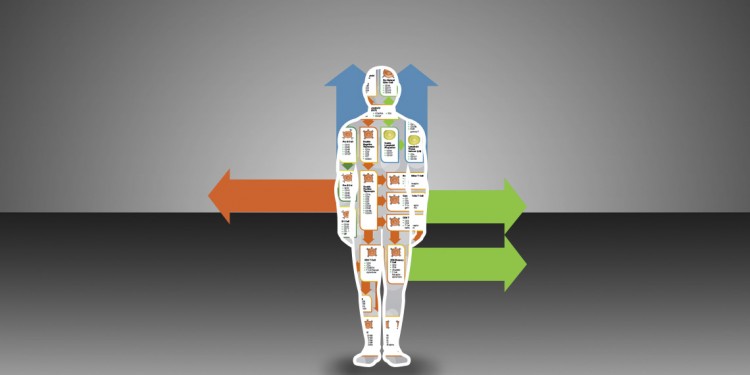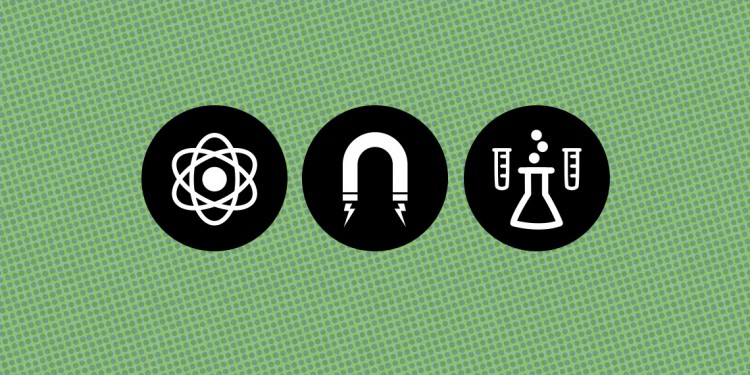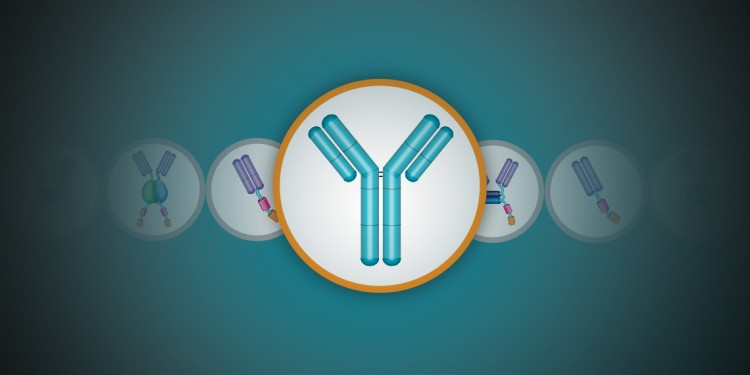
Productivity through Workflow Personalization: What Pharma Is Learning from Other Industries

Assessing Cell Health: Viability and Proliferation

Rapid Advances in Biotechnology Bring Questions about Patentability

Map of Human Lineage Biomarkers for Different Immune Cell Types

Design for Learning: Developing Curricula for Instructional Lab Kits

Top Stories of 2015 — Bioradiations Year in Review

In Pursuit of (Ig) Nobility: The Ig Nobel Prize

What Academic Researchers Can Learn from Small Biotechs about Antibody Validation

Trends in Antibody Generation Techniques — the Fully Synthetic Human Combinatorial Antibody Library (HuCAL®) Technology


